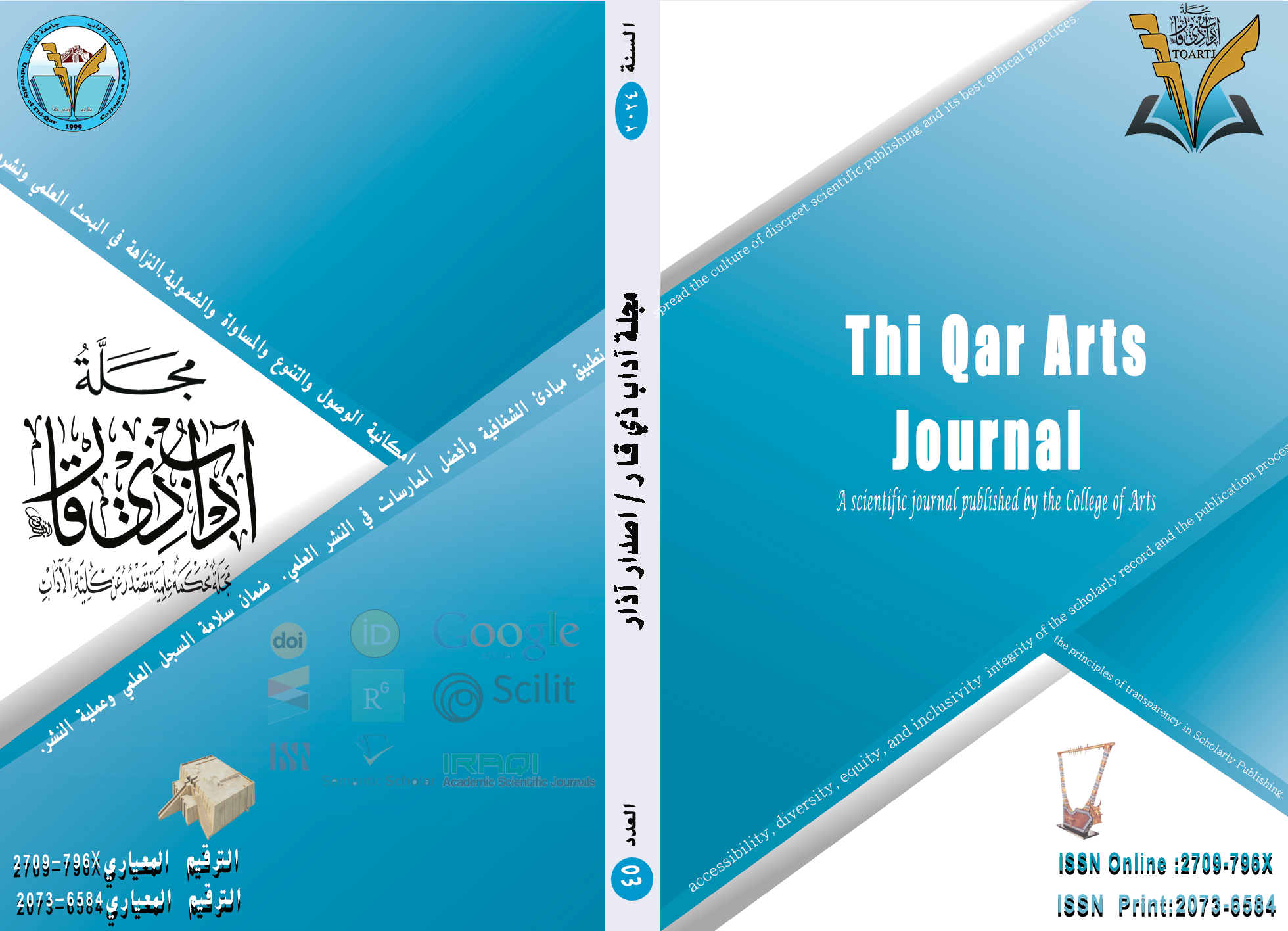Strategic planning is a tool for developing the reality of the Faculties of Arts and aligning with the labor market
DOI:
https://doi.org/10.32792/tqartj.v3i45.572Keywords:
Strategic Planning, Teaching and Learning Resources, Opportunities and Challenges, Performance MonitoringAbstract
Strategic planning is considered a vital tool for the development of Arts Colleges in Iraq, as it helps to establish a clear and measurable vision and objectives that align with the colleges’ mission and future aspirations aimed at improving the quality of education and institutional development. This is achieved through analyzing the external and internal environment, such as evaluating infrastructure, teaching and learning resources, and the needs of students and the surrounding community. Strategic planning can identify opportunities and challenges faced by the colleges and develop strategies to deal with them. The importance of planning lies in the institution’s ability to align its educational outputs with the requirements of the job market and anticipate the skills and knowledge required from graduates. Colleges can develop educational programs that suit market needs and various sectors. These are implemented continuously with performance monitoring, evaluation, and adjustment as needed. This includes implementing development programs for faculty members and providing the necessary resources to improve the quality of education and scientific research. Strategic planning also encourages continuous communication with employers and relevant entities to ensure curriculum updates and effectively meet needs, increasing graduates’ employment opportunities and enhancing community development. The study concludes that strategic planning is an essential tool for the development of Arts Colleges in Iraq, as it helps direct efforts towards achieving educational and developmental goals that meet the needs of society and the job market effectively and sustainably.
Downloads
References
Bin Habtoor, Abdulaziz, “Strategic Management: A New Tool in a Changing World,” first edition, Dar Al-Masirah for Publishing and Distribution, Amman - Jordan, 2004.
Al-Douri, Zakaria, “Strategic Management: Concepts, Processes, and Case Studies,” Dar Al-Yazouri Scientific Publishing and Distribution, Amman - Jordan, 2010.
Yassin, Saad, “Strategic Management,” Dar Al-Yazouri Scientific Publishing and Distribution, Arabic edition, Amman - Jordan, 2002.
Kolo, Adib, “The Role of Quantitative Techniques in Strategic Planning,” Damascus University, Damascus, Syria, 2017.
Abdel Qader, Ali, “Strategic Management Tools and Their Role in Decision Making,” Tishreen University, Syria, 2011.
Abdel Azim, Sabri, “Strategies and Methods of General and Electronic Teaching,” Arab Group for Publishing, Cairo, Egypt, 2019.
Ministry of Higher Education and Scientific Research, Department of Private University Education, Student Data Division 2019-2020.
Al-Qaisi, Amro Fadel, “Strategic Planning and Its Expected Role in Achieving Sustainable Development,” University of Baghdad, Iraq, 2016.
Al-Zughbi, Ibrahim, “The Impact of Using Double Thinking Strategy on Direct Achievement in the Jurisprudence Unit Among High School Students,” Jordan, Journal of Educational Sciences, 2009.
Bin Ali, Mohammed, “Strategic Management Concepts and Aspirations,” research presented to the University of Sétif, Algeria, 2020.
Downloads
Published
Issue
Section
Categories
License
Copyright (c) 2024 Prof. Dr. Haitham Abbas Salim, Prof. Dr. Raja Sabbar Jaber

This work is licensed under a Creative Commons Attribution 4.0 International License.
The journal applies the license of CC BY (a Creative Commons Attribution International license). This license allows authors to keep ownership of the copyright of their papers. But this license permits any user to download, print out, extract, reuse, archive, and distribute the article, so long as appropriate credit is given to the authors and the source of the work. The license ensures that the article will be available as widely as possible and that the article can be included in any scientific archive.


















